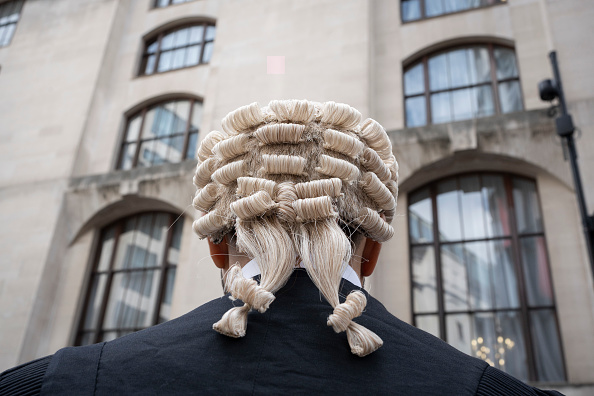
THE English and Welsh judiciary is “institutionally racist,” with more than half of the legal professionals polled saying they had seen a judge act in a racially discriminatory manner, according to a new report published on Tuesday (18).
As reported by The Guardian, a survey of 373 lawyers revealed that 56 per cent of them had seen at least one judge treat a defendant unfairly because of their race, and 52 per cent had seen prejudice in judicial decision-making.
It was conducted by the University of Manchester and barrister Keir Monteith KC.
The report claims that black and Asian court users—including lawyers, witnesses, and defendants—frequently encounter judicial prejudice. Young Black Male Defendants were the sub-group that was referenced the most.
Prof Leslie Thomas KC, who wrote the report’s foreword, said: “Judges need to sit up and listen because it is a myth that Lady Justice is blind to colour. Our judiciary as an institution is just as racist as our police forces, our education system, and our health service – this is something that cannot be ignored for any longer.”
Examples included using derogatory language against black defendants, such as “you people,” and imposing harsher penalties.
The lord chief justice has been urged by the study to openly declare that racism is an institutional problem in the judiciary. Additional suggestions include mandatory, continuous training on racial prejudice and anti-racism for all judges as well as a comprehensive overhaul of judicial selections.
The research criticised the existing five-year diversity policy for failing to address racism or racial prejudice in the legal system, according to The Guardian story.
Lord Chief Justice Lord Burnett of Maldon stated that the judiciary would carefully review this report and take it into consideration when determining where to focus its efforts going forward.
“Any incidents of racism, harassment, bullying or discrimination are unacceptable and will be dealt with in accordance with the relevant grievance or conduct procedure,” he said.
Professor Eithne Quinn, the academic main author of the research, claims that judges were crucial in fostering and normalising the appalling discrepancies in the courts.
According to reports, there is just 1 per cent of black judges, none of whom are on the court of appeals, and there has never been a justice of colour on the supreme court.